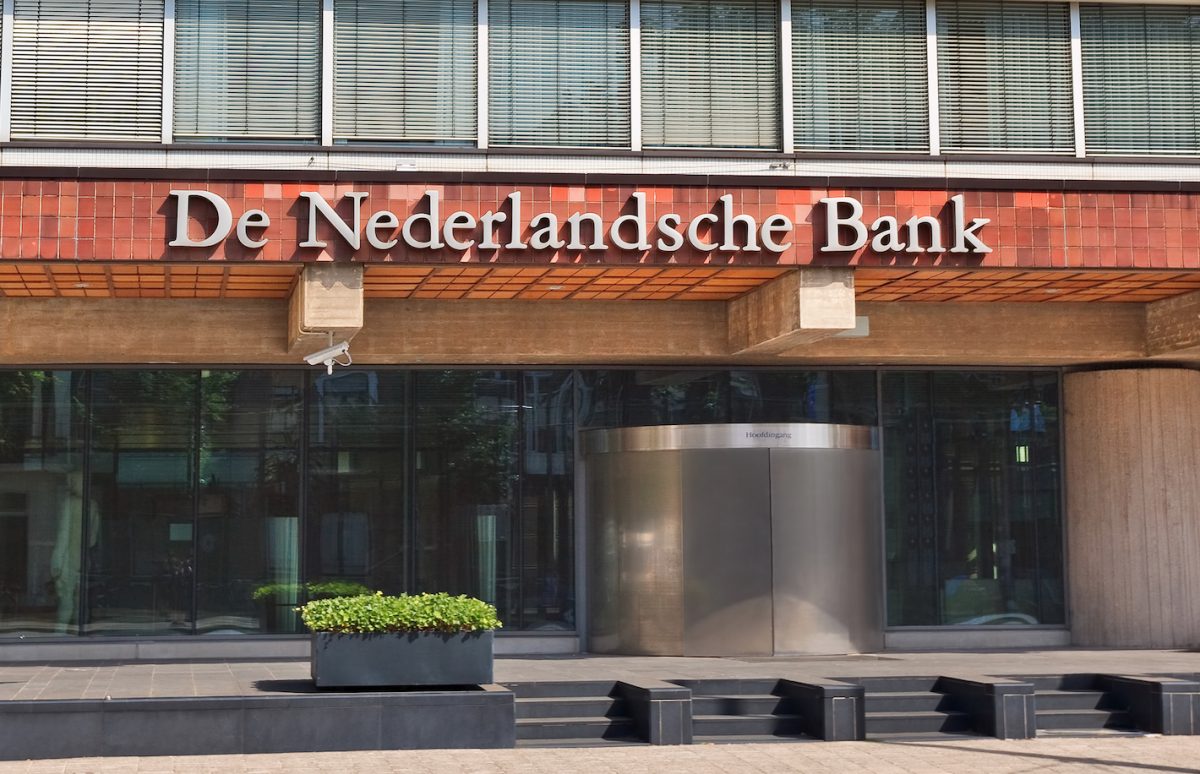AMSTERDAM, (Reuters) – The Dutch central bank (DNB) today apologized for its role in the 19th century slave trade and said it would fund projects to raise awareness of slavery and to mitigate the effects it still has on people.
DNB’s apologies followed an independent investigation published in February which showed that many of its early directors had played an important role in the slave trade. Read full story
“On behalf of DNB I apologize today to all people who by the personal choices of my predecessors were reduced to the color of their skin”, central bank governor Klaas Knot said in a speech at a ceremony commemorating the abolishment of slavery in the Netherlands in 1863.
DNB said it aimed to spend up to 10 million euros in the next 10 years on educational and health projects that could mitigate the lasting effects of slavery.
It also said it would adapt its approach to hiring and promotions to make its staff more diverse.
The Dutch were engaged in global slavery from the 17th century until it was abolished.
The Dutch West India Company operated ships estimated to have traded some 600,000 slaves, according to Dutch state data.
This year’s research showed that most of DNB’s early private investors either owned plantations in overseas colonies in the Caribbean and South America where slaves were put to work, provided finance to these plantations. or traded in the goods produced there such as sugar, coffee, cotton and tobacco.
It also showed that DNB’s directors actively lobbied against the abolishment of slavery, and that three of the six DNB directors received compensation themselves when slavery was finally abolished by the Netherlands in 1863.
In April, Dutch bank ABN Amro ABNd.AS apologised for the similar involvement of its legal predecessors in the slave trade, plantation slavery and the trade in products that originated in slavery.





